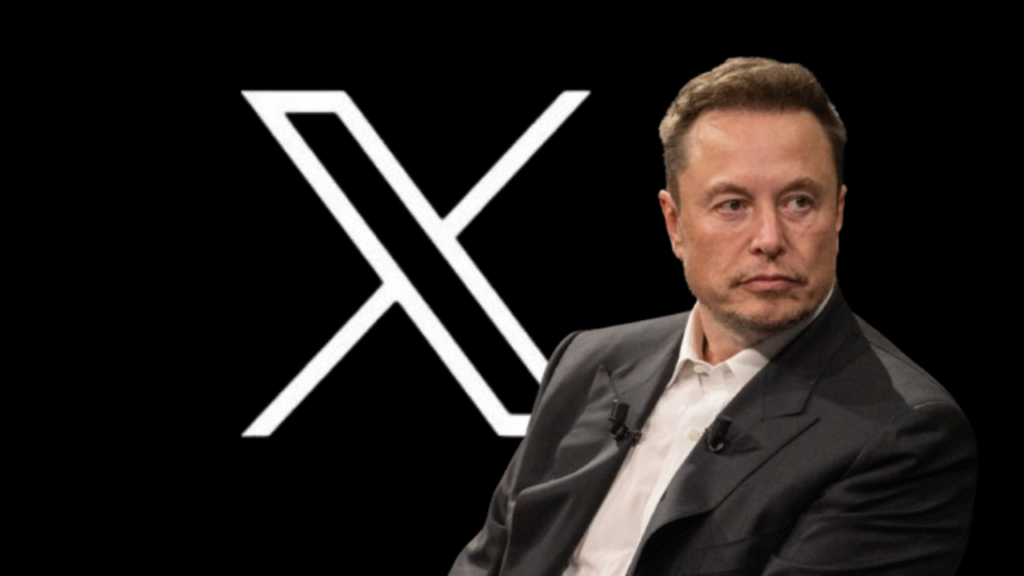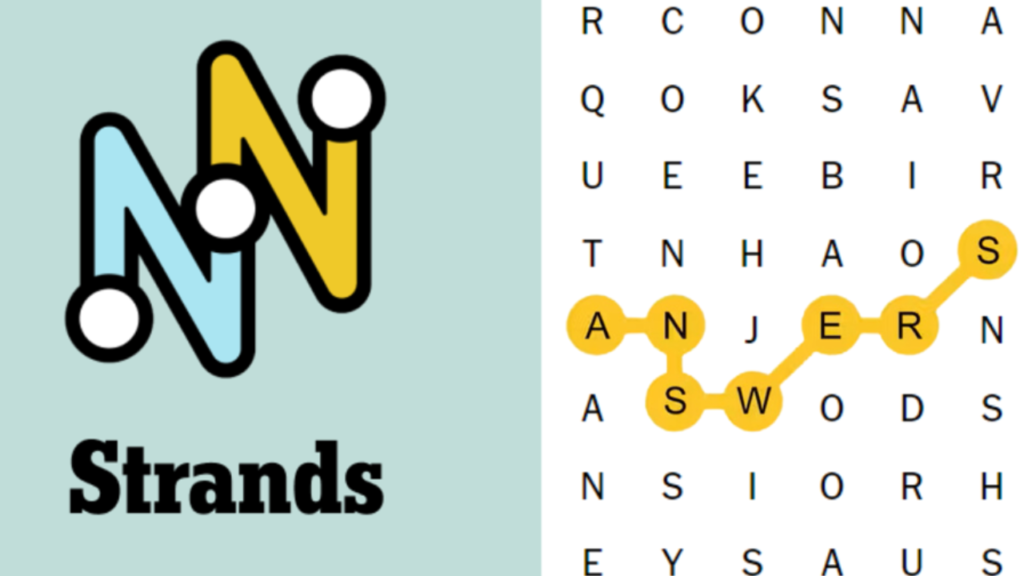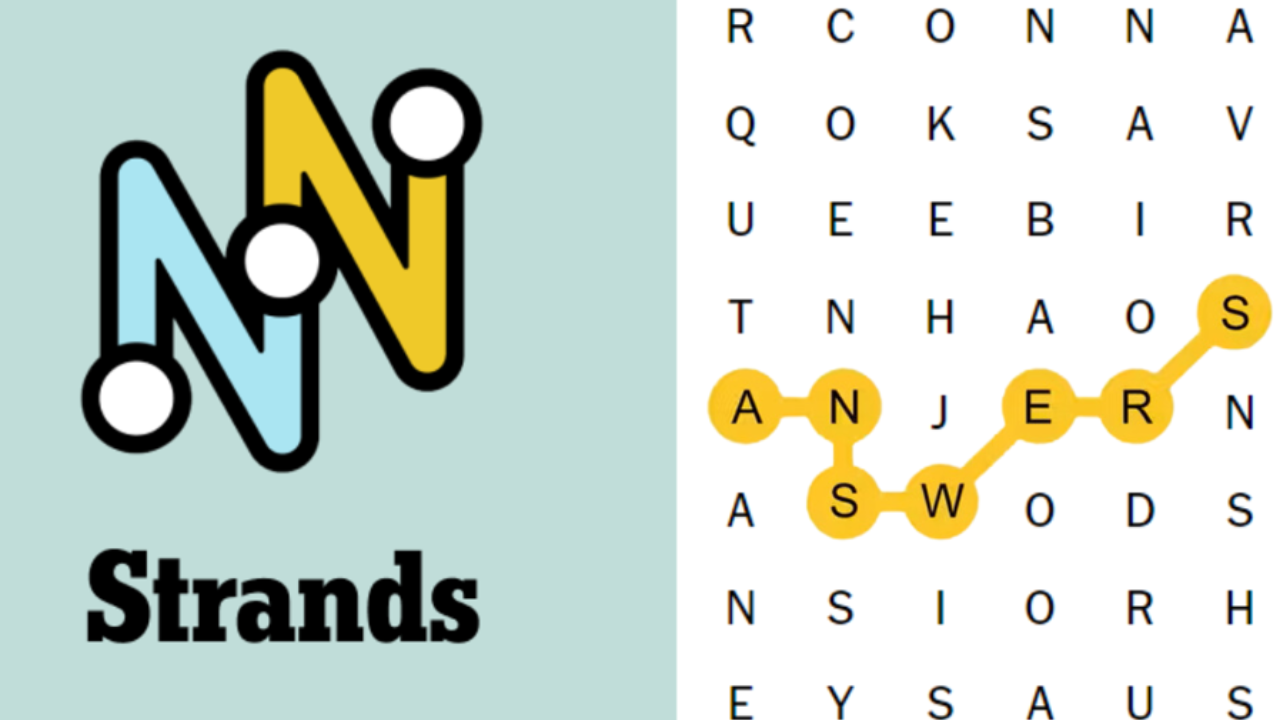Elon Musk’s companies, Starlink and X (formerly Twitter), recently found themselves at the center of a legal standoff in Brazil. A freeze had been placed on their accounts by Brazilian authorities, blocking access to BRL18.35 million (roughly US$3.3 million). However, after a ruling by Brazil Supreme Court, that freeze has now been lifted — but not without complications.
Brazilian authorities transferred the frozen funds to government accounts to settle outstanding fines owed by X. The fines stemmed from a dispute over the platform’s refusal to comply with several court orders. This conflict is just one chapter in the ongoing tension between Brazil and X over content moderation, local legal representation, and regulatory compliance.
The Catalyst: Content Moderation Clash
The root of this legal battle lies in X’s failure to block and expose certain accounts accused of spreading hate speech and disinformation. Brazilian authorities, led by Supreme Court Justice Alexandre de Moraes, called out these accounts for distributing what they labeled as “fake news.” Justice Moraes pressed X to take action, citing national laws aimed at curbing hate speech and misinformation. Yet, Musk and his team resisted, claiming the orders were a form of censorship that clashed with the values of free speech. This clash over content moderation highlights a growing global debate about how governments and platforms handle the balance between free expression and harmful content.
The Unfreeze: What Really Happened?
While Brazil lifted the freeze, this wasn’t a move made out of reconciliation. The Supreme Court simply redirected the $3.3 million directly into government coffers to cover the outstanding fines. These fines were levied as a result of X’s refusal to cooperate with local legal requirements. It’s important to note that the unfreezing of the accounts doesn’t indicate that the broader issues between Brazil and X have been resolved. Far from it.
A Larger Issue: The Lack of Local Representation
Adding fuel to the fire, X has not appointed a local legal representative in Brazil, despite clear legal obligations to do so. The absence of a local figure who can act on the company’s behalf has further exacerbated tensions, especially as Brazil seeks to enforce its laws on international platforms operating within its borders. Missing the deadline to appoint such a representative only worsened X’s standing in the eyes of the Brazilian judiciary.
Elon Musk’s Response: Censorship or Law Enforcement?
In response to Brazil’s actions, Elon Musk publicly denounced the court orders as “censorship,” framing the feud as a struggle for free speech. His stance brings to light a broader ideological battle—how far should social media platforms be expected to go in moderating content based on local laws, and when does enforcement cross the line into suppression?
Musk’s response also raises questions about how global platforms, like X, navigate different national regulations, particularly in countries where speech laws are stricter than those in the U.S. While the company promotes itself as a defender of free expression, it must also adapt to legal frameworks across the globe, and this case with Brazil is a prime example of the friction that can arise.
The Future: What’s Next for X in Brazil?
Despite the financial freeze being lifted, the platform’s future in Brazil remains uncertain. Justice Alexandre de Moraes has continued to block access to X within the country until they appoint a local representative and comply with content moderation laws. For now, while the legal disputes rage on, X’s operations in Brazil are left in limbo. Whether this conflict escalates further or ends in compromise is yet to be seen.
What This Means for Social Media Platforms Globally
This situation in Brazil highlights a growing trend in global internet governance, where countries are taking stronger stances on how tech platforms operate within their jurisdictions. Social media giants like X are increasingly facing challenges in balancing their global free speech policies with local legal demands. The Brazil-X saga is a reminder that companies cannot afford to overlook regional laws if they wish to continue operating in those markets.




















